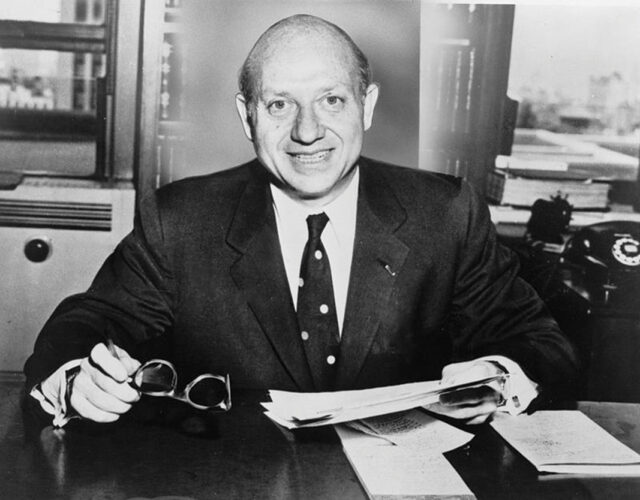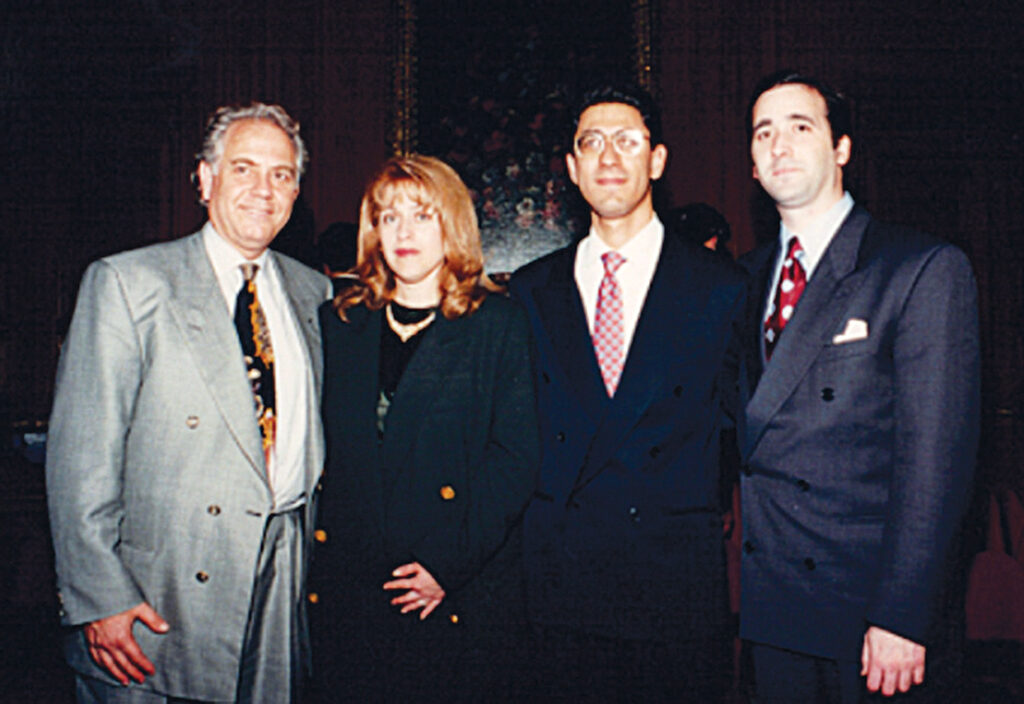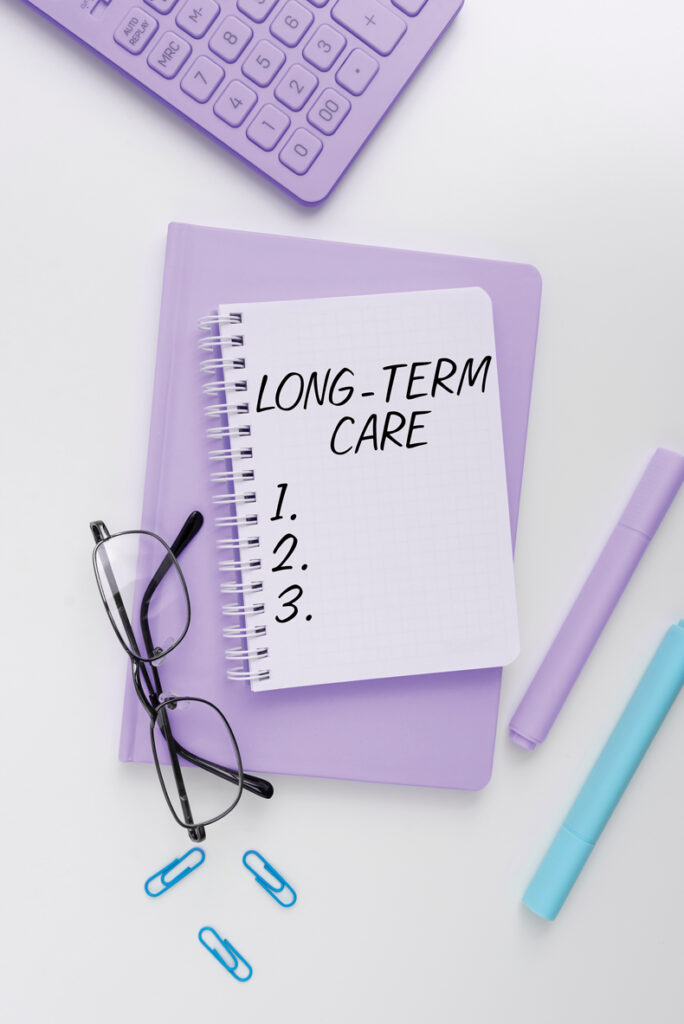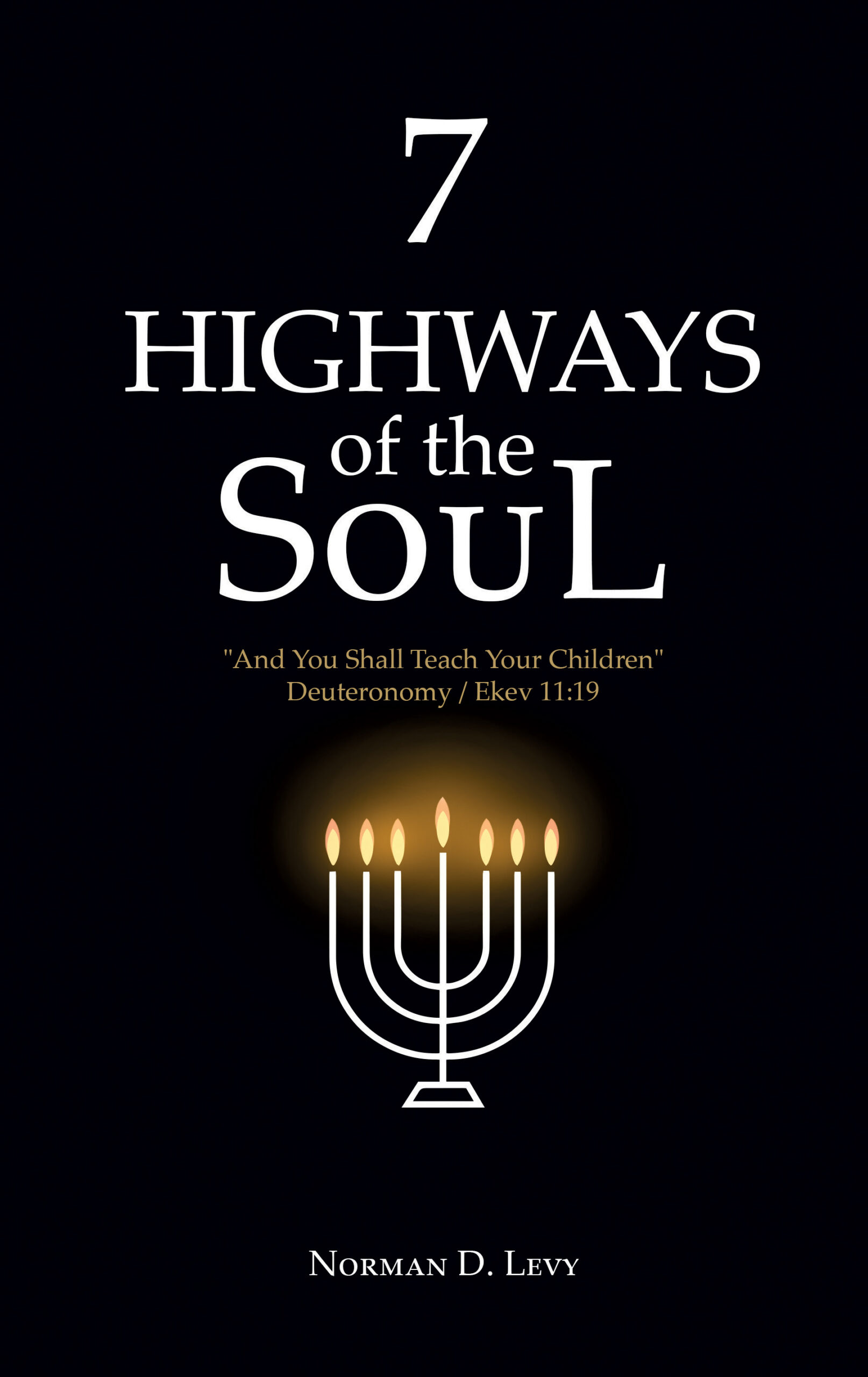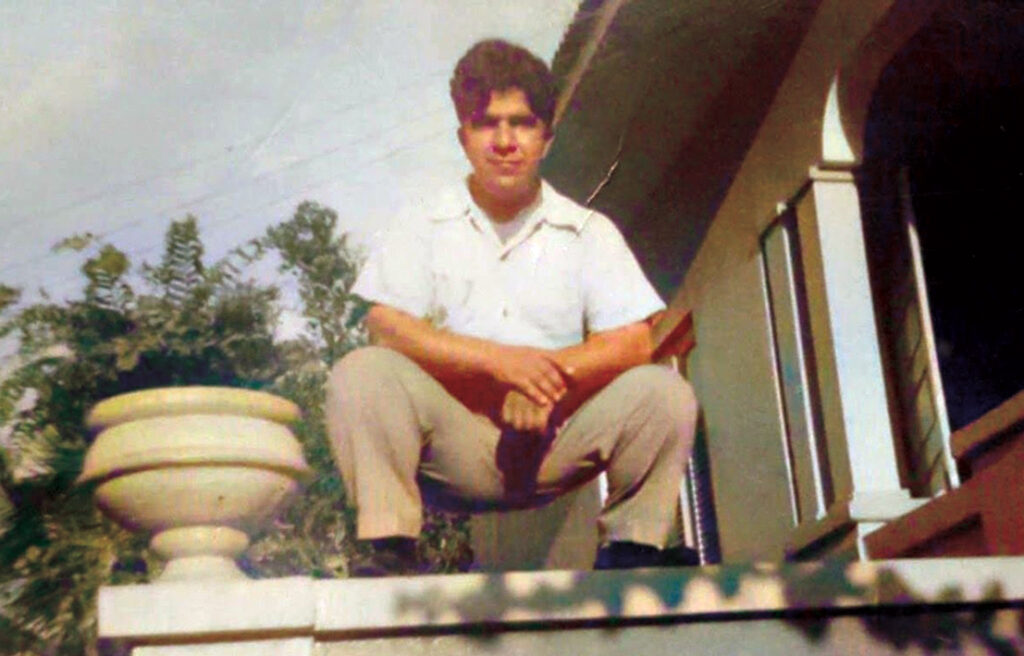MAGNESIUM DEFICIENCY
SIGNS & SYMPTOMS
LAURA SHAMMAH MS, RDN
MAGNESIUM IS ONE OF THE MOST ABUNDANT AND IMPORTANT MINERALS IN YOUR BODY, RESPONSIBLE FOR OVER 300 BIOCHEMICAL REACTIONS, SO IT’S NOT HARD TO BELIEVE THAT HAVING A DEFICIENCY CAN GREATLY IMPACT YOUR OVERALL HEALTH. THE SIGNS AND SYMPTOMS OF A DEFICIENCY ARE VAST. SOME ARE SUBTLE, WHILE OTHERS CAN CAUSE SERIOUS HEALTH PROBLEMS.
You can have a magnesium deficiency if you don’t consume enough of the nutrient or if your body doesn’t absorb enough. Consuming too much alcohol and certain medications can deplete your body’s magnesium, as well. Magnesium plays an integral role in your body’s ability to keep your heart, kidneys, and muscles healthy. It also regulates nutrient levels, and keeps bones strong. Many people have a deficiency and aren’t aware of it. If you’re suffering from the following symptoms, you may be one of them.
WARNING SIGNS OF MAGNESIUM DEFICIENCY
Fatigue
Feeling tired with a lack of energy is not uncommon, and it can be easy to blame it on several factors — from stress at work or a busy schedule to not sleeping well or running around with your kids. But one of the most common and early symptoms of a magnesium deficiency is fatigue. Because just about everyone feels tired at some point and the cause could be so many different things, it’s difficult to come to the correct diagnosis based on this symptom alone. Unfortunately, the fatigue won’t go away until your body gets the right amount of magnesium in its system.
Muscle Spasms & Cramps
Muscle spasms and cramping can not only be uncomfortable, but also quite painful. They’re uncontrollable and unpredictable, and they’re not something you can simply ignore and get on with your day. While athletes often suffer from muscle cramps due to inadequate stretching, dehydration, overexertion, and lack of proper diet, many other people suffer from them and it can be hard to figure out why. When a magnesium deficiency worsens, muscle spasms and cramping can be a sign. So if you suffer from regular cramping and spasms, this could be a warning sign of low magnesium levels.
While getting your magnesium levels to where they should be will likely ease your symptoms, you can try to get short-term relief by stretching and massaging the affected muscles. Vitamins D, E and B complex also play a role in preventing muscle cramps, so make sure you get your daily recommended dose of these vitamins.
Arrhythmia
Magnesium plays a vital role in overall heart health. It’s vital for proper muscle contraction. Arrhythmia is an irregular heartbeat, and magnesium directly helps you maintain a normal heart rhythm. Some studies have shown that maintaining a regular level of magnesium may even prevent some heart problems and diseases. In fact, magnesium is often used in medical settings when managing patients with arrhythmia. Some doctors prescribe magnesium for patients who are at risk of cardiac arrhythmia.
Dizziness
Sometimes dizziness hits you when you stand up too fast and then it quickly goes away. But when you have a magnesium deficiency and you experience dizziness because of it, it can last all day without relief, and it can be hard for your doctor to diagnose properly because so many things can cause dizziness. As a result, magnesium deficiency is often overlooked when trying to diagnose and fix the problem. Low magnesium levels can give you similar feelings as vertigo, making you feel not only dizzy, but completely off balance. If you’re experiencing dizziness, it could be a warning sign of magnesium deficiency.
As the deficiency worsens, so do the symptoms. If your levels continue to decline vertigo can make you unable to do regular day-to-day activities and miss work. If you’re experiencing dizziness, see your doctor.
Nausea & Vomiting
Similar to vertigo, if you have a low magnesium level, you may experience nausea and even vomiting. Though these symptoms are considered an early, but not necessarily severe symptom of magnesium deficiency, feeling nauseous is very unpleasant, and can greatly impact your routine. Those who suffer from regular nausea and/or vomiting, should ask their doctor if he/she thinks you may a magnesium deficiency.
Numbness
Magnesium impacts your nervous system, thus tingling and numbness can be a warning sign of a deficiency, particularly as it worsens. An insufficient amount of magnesium in the body, can prevent nerve and muscle functions from acting and reacting properly resulting in numbness in your face, feet and hands.
Although severe symptoms like numbness are rare, experiencing them can be quite scary. Numbness is not something to take lightly. See your doctor to figure out the cause.

Personality Changes
It might seem bizarre — and definitely not the first cause you’d jump to — but personality changes are a warning sign of magnesium deficiency. They may seem to come out of nowhere. Simple things can seem overwhelming, you may feel out of sorts, and you’re likely to notice the change but will most likely be unsure how to fix it or what’s causing it. And since many things can cause symptoms like this, a magnesium deficiency is often not considered when trying to diagnose the change.
Your change in personality can be cause by another symptom of magnesium deficiency — difficulty sleeping. Since sleep is vital for your mental, physical and emotional health, if a magnesium deficiency is what’s keeping you up at night it’s important you get your magnesium up to a sufficient and healthy level.
Anxiety & Panic Attacks
Everyone experiences a bout of anxiety or panic once in a while, but if you’re experiencing it regularly, it could be due to a magnesium deficiency. You may be quick to blame anxiety on the everyday stress of balancing your personal and professional life and schedule, but you could consider the role a magnesium deficiency has in causing anxiety and panic attacks, especially if you aren’t typically prone to these feelings. Unfortunately, if you’re suffering from anxiety, the stress can cause your magnesium levels to drop further, making it a vicious cycle.
If you suffer from any of these symptoms, see your doctor. It may be nothing, but it may also be magnesium deficiency.
FOODS THAT ARE RICH IN MAGNESIUM
Eating foods rich in magnesium may not cure your problem, but they may help.
Spinach
Pumpkin seeds
Chia seeds
Almonds
Cashews
Peanuts
Soy milk
Rolled oats
Whole wheat bread
Avocado
Brown rice
Milk
Laura Shammah MS, RDN has a masters degree in health and nutrition and is a registered dietitian. She has been operating her own private practice in both New York and NJ for over 20 years. She is happily married and has four children.




